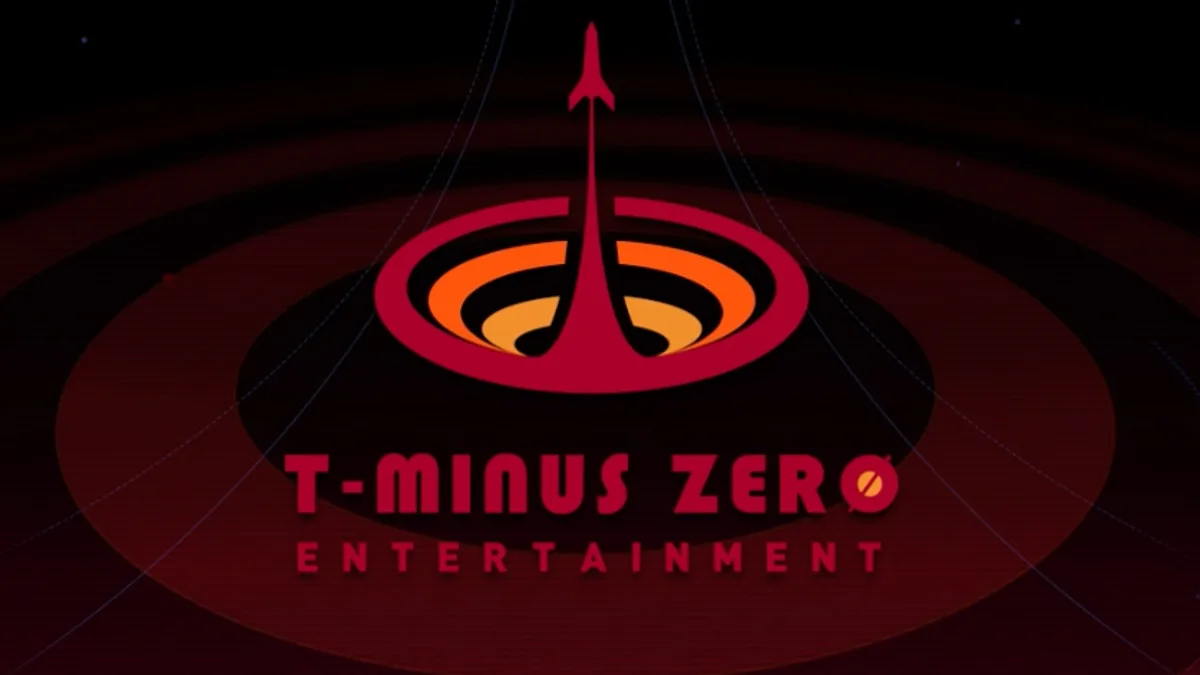T-Minus Zero Entertainment, the NetEase-backed studio once thought shuttered, has officially returned—signaling a surprising revival in the competitive gaming industry.
When NetEase announced the closure of T-Minus Zero Entertainment earlier this year, many assumed the studio’s ambitious projects were lost to history. Yet, in a twist worthy of the industry’s unpredictable nature, the studio has been revived and restructured, breathing new life into its mission of creating large-scale, multiplayer-focused experiences.
This revival isn’t just a corporate maneuver—it reflects NetEase’s broader strategy to expand its Western footprint and compete with giants like Tencent, Activision Blizzard, and Epic Games. By bringing T-Minus Zero back, NetEase is signaling that it sees untapped potential in the studio’s vision and talent pool.
🎮 What Makes T-Minus Zero Unique?
- Founded by industry veterans: The studio was originally led by developers with experience at Bungie, 343 Industries, and other AAA powerhouses. Their pedigree suggested a strong focus on multiplayer shooters and expansive online worlds.
- Ambitious project scope: Early reports hinted at a sci-fi themed multiplayer game, blending cooperative play with competitive mechanics. While details remain scarce, the revival suggests NetEase still believes in this concept.
- Strategic timing: The relaunch comes at a moment when live-service games dominate revenue streams. NetEase likely sees T-Minus Zero as a way to carve out space in this lucrative sector.
🌍 Why This Matters for the Industry
The gaming landscape is littered with studios that never recover after closure. T-Minus Zero’s return is rare, and it highlights several important trends:
- Global Expansion Pressure: NetEase, like Tencent, is aggressively seeking influence outside China. Reviving a U.S.-based studio strengthens its credibility in Western markets.
- Talent Retention: By keeping veteran developers engaged, NetEase avoids losing expertise to competitors.
- Community Trust: Gamers often view closures as betrayals. A revival can rebuild goodwill—if the studio delivers on its promises.
📈 The Road Ahead
The big question is whether T-Minus Zero can deliver a breakout hit. NetEase has the resources, but success depends on execution. The studio must:
- Differentiate itself from established franchises like Destiny, Apex Legends, and Fortnite.
- Balance monetization with player trust, avoiding pitfalls that have plagued other live-service titles.
- Leverage its revival story as part of its branding—turning “back from the dead” into a rallying cry for innovation and resilience.
T-Minus Zero Entertainment’s revival is more than a corporate headline—it’s a case study in how global publishers adapt to shifting markets. For NetEase, it’s a gamble on Western talent and live-service dominance. For players, it’s a chance to see whether a studio once written off can rise again and deliver something truly memorable.
NetEase has resurrected T-Minus Zero Entertainment, betting big on its potential to craft a next-generation multiplayer experience. The industry will be watching closely.
